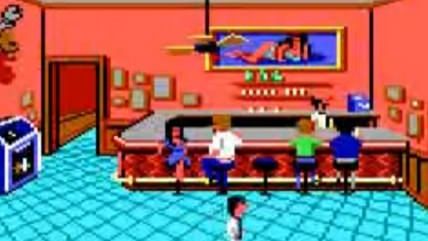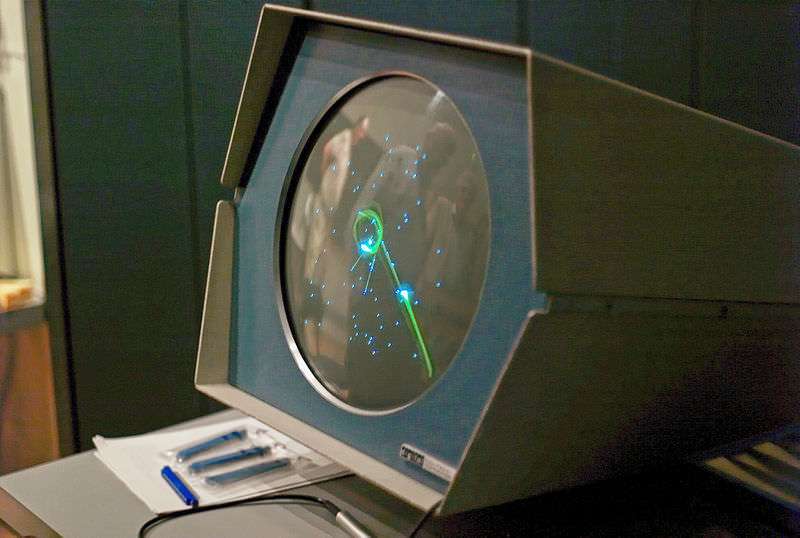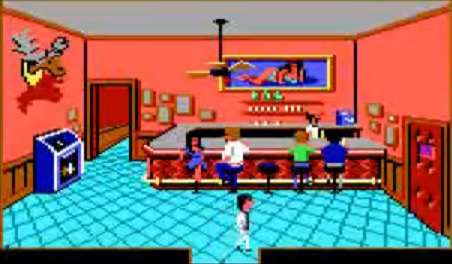Some Weird Facts You Can Pretend You Already Knew About Video Games
So, you think you know about video games...

So, you think you know about video games. Well, you probably do. They're hugely popular, after all, and cater to as wide a variety of tastes as can be found in the real world. In fact, video games have become an extension (and enhancement) of the real world, allowing people to communicate, interact, share fantasies, and test their skills.
Given how ubiquitous games have become, you can't fail to impress by dropping a few of the following facts at the next virtual party you attend.
What was the first video game?
Arguably the first video game produced, depending on how you define the term, was Spacewar!. It appeared in 1961 and allowed two players to battle each other while avoiding a star's gravitational field. While the game came too early to be commercialized, it inspired later games, including Asteroids. It was also the starting point for the first commercially sold, coin-operated videogame: Computer Space.
So why do I remember that piece of shit Pong game?

We weren't ready for Spacewar!
What's the big deal about Space Invaders?
It was really the first video game almost everybody liked. It actually revived the young video game industry after a lot of people got bored with the new but not yet intriguing curiosity in 1977.
What made video games controversial?

People need a reason? Anyway, it definitely happened by the time Leisure Suit Larry brought crude graphics and clever plotting about a hopeless horndog to the personal computer (the game has since been rebooted).
When did video games start playing a role on the political scene?
The milestone there may well have been the raid on Steve Jackson Games over the Secret Service's complete misunderstanding of what the word "hacking" means. The fiasco helped inspire the creation of the Electronic Frontier Foundation.
What in hell happened to my company's computer network every time the boss stepped out of the office in the 1990s?
That was your IT department playing Command and Conquer over connections that weren't quite ready for global warfare. Whoops.
What makes video gaming so…absorbing?
Video games have created their own imaginary worlds since the early days of development. In the beginning, they often riffed off of role playing games, like Dungeons and Dragons.
Today, with much more computing power and three-dimensional graphics, massively multiplayer online games can create any kind of world the users want. That can mean very specific fantasy or historical settings, or free-form do-it-yourself worlds of the kind that became so popular with Second Life. The worlds are so detailed that the virtual money in them has sometimes become convertible to real cash.

Do video games screw you up?
We certainly hope so. But the truth is that, while anything can be overdone or abused, there's evidence that gaming can help improve memory, judgment, multitasking, and other mental skills. Just step outside every now and then.


Show Comments (43)